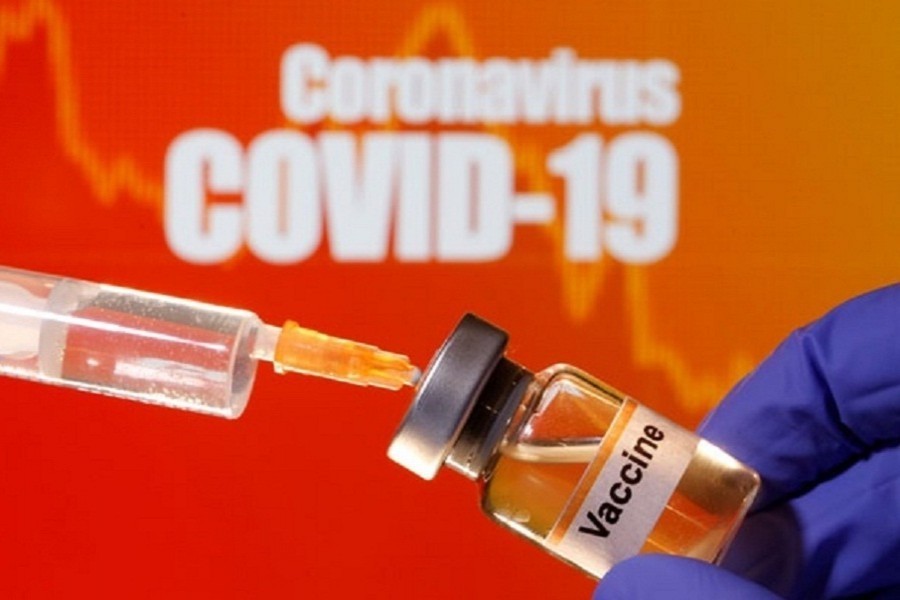AstraZeneca Plc on Tuesday said it has paused global trials, including large late-stage trials, of its experimental coronavirus vaccine because of an unexplained illness in a study participant.
The vaccine, developed with the University of Oxford, has been widely seen as one of the leading global candidates against the coronavirus, and the suspension of the trial dims prospects for a potential year-end rollout its lead developer had signaled earlier.
AstraZeneca said it voluntarily paused trials to allow review of safety data by an independent committee and was working to expedite the review of the single event to minimize any potential impact on the trial timeline.
“This is a routine action which has to happen whenever there is a potentially unexplained illness in one of the trials,” the company said in an emailed statement.
The nature of the illness and when it happened were not detailed, although the participant is expected to recover, according to Stat News, which first reported the suspension due to a “suspected serious adverse reaction”.
The US Food and Drug Administration defines an adverse event as one in which evidence suggests a possible relationship to the drug being tested.
According to a New York Times report which cited a person familiar with the situation, a participant based in the United Kingdom was found to have transverse myelitis, an inflammatory syndrome that affects the spinal cord and is often sparked by viral infections.
Whether the illness was directly linked to AstraZeneca’s vaccine remains unclear, the report said. AstraZeneca declined to comment on the report.

The suspension of the trial has impacted other AstraZeneca vaccine trials - as well as clinical trials being conducted by other vaccine makers, which are looking for signs of similar reactions, Stat said.
The US National Institutes of Health, which is providing funding for AstraZeneca’s trial, declined to comment.
AstraZeneca’s statement said that “in large trials, illnesses will happen by chance but must be independently reviewed to check this carefully.”
Trials of the vaccine, called AZD1222, are underway at different stages in Britain, the United States, Brazil, South Africa and India. Trials are also planned in Japan and Russia.
Shares of AstraZeneca fell more than 8 per cent in after-hours US trading, while shares of rival vaccine developers rose. Moderna Inc was up more than 4 per cent and Pfizer Inc climbed less than 1 per cent.
Moderna said in an emailed statement it was “not aware of any impact” to its ongoing Covid-19 vaccine study at this time.
Nine leading US and European vaccine developers pledged on Tuesday to uphold scientific safety and efficacy standards for their experimental vaccines despite the urgency to contain the coronavirus pandemic.
The companies, including AstraZeneca, Moderna and Pfizer, issued what they called a “historic pledge” after a rise in concern that safety standards might slip in the face of political pressure to rush out a vaccine.
The companies said they would “uphold the integrity of the scientific process as they work towards potential global regulatory filings and approvals of the first COVID-19 vaccines.”
The other signatories were Johnson & Johnson, Merck & Co, GlaxoSmithKline, Novavax Inc, Sanofi and BioNTech.


